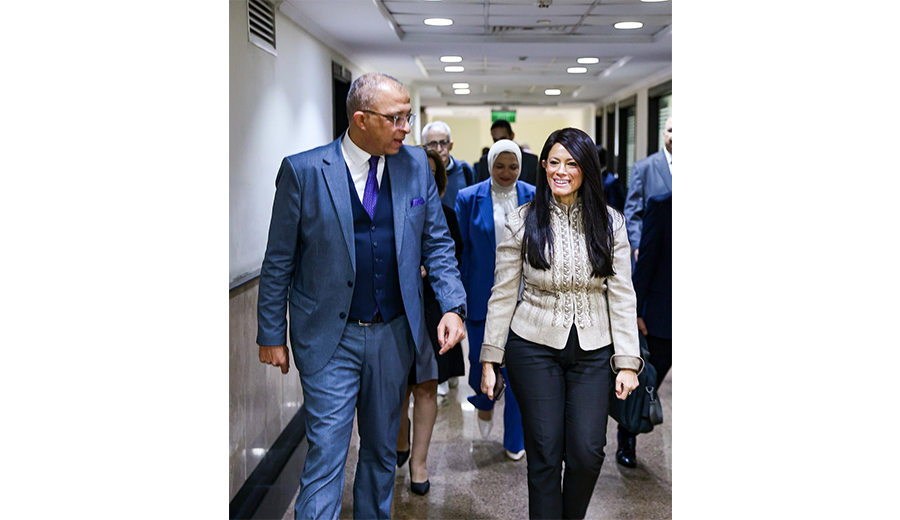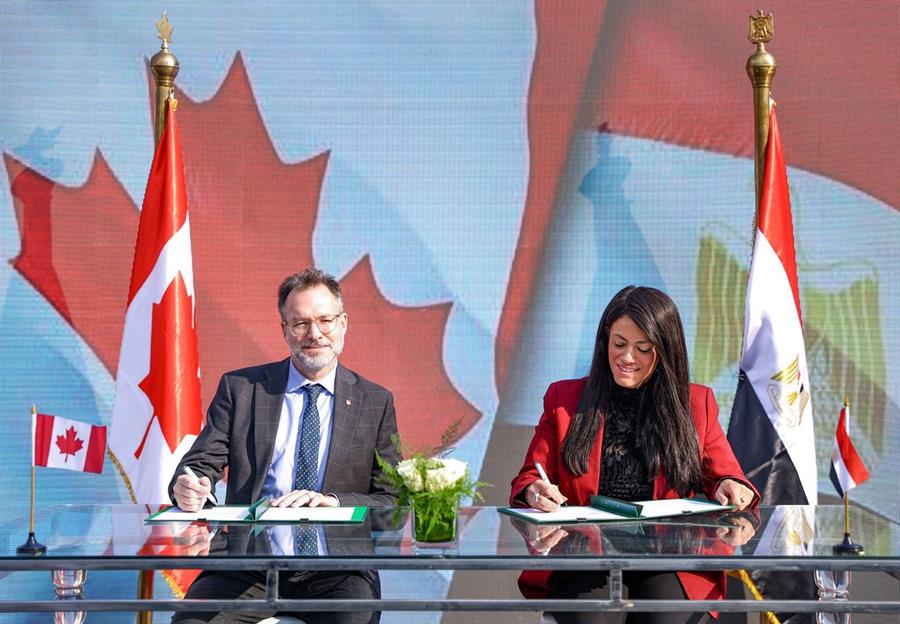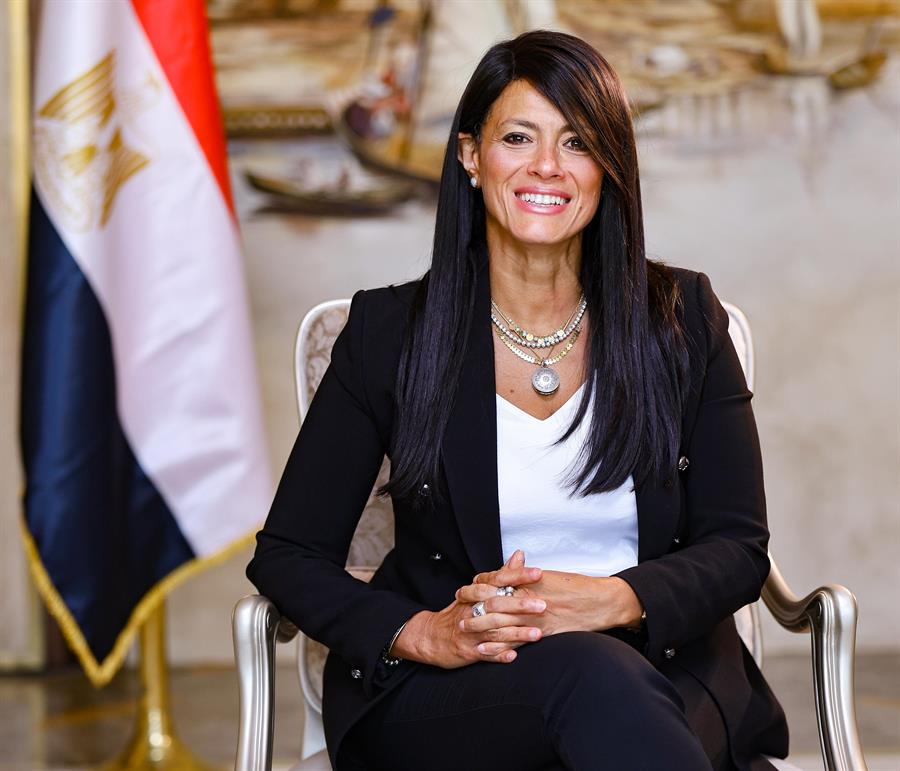Rowad 2030 participates in the Techni Summit for Technology and Entrepreneurship

04 October 2021
The 'Rowad 2030' entrepreneurship project of the Ministry of Planning and Economic Development participated recently in the activities of the seventh edition of the “Techni” Summit for Technology and Entrepreneurship, held at the Bibliotheca Alexandrina, which aims to enhance and support the entrepreneurship and technology community, which will last for three days.
A special booth was allocated for "Rowad 2030" to answer all the youth's inquiries related to the project.
The pavilion witnessed a large turnout of young people, to benefit from the services provided by the project, especially the “One Million Entrepreneurs" campaign, which rushes young people to register for free courses in the field of entrepreneurship that the campaign provides to all of all ages and educational qualifications.
Hundreds of young people who flocked on the first day of the “Techni” summit praised the registration for the “One Million Entrepreneurs" campaign. Esraa Abdel Hamid, 21, a fourth-year student at the Faculty of Commerce English, said that she registered in the “One Million Entrepreneurs" campaign because she wants to become an entrepreneur in the future.
Omar Ashour, 20, a student at the College of Engineering, explained that he is interested in the field of entrepreneurship, and his continuous research on everything related to this field, he found that the “One Million Entrepreneurs" campaign is one of the best campaigns launched recently, so he decided to register in it to get all the free courses offered by the campaign and to make maximum use of it in particular.
Ashour pointed out that one of the things that distinguish the campaign is that after completing the courses, he will receive a certificate approved by the Ministry of Planning, which gives the campaign great seriousness and credibility.
Ahmed Hussein, 21, a student at the College of Science, said that he wanted to become an entrepreneur and start a career different from his field of study when he got to know the Rowad 2030 project.
Hussein explained that he registered in the “One Million Entrepreneurs" campaign because he has a project idea and wants to develop it, which the campaign will help him a lot, especially since the courses provided by the campaign make young people more creative in developing their ideas.









